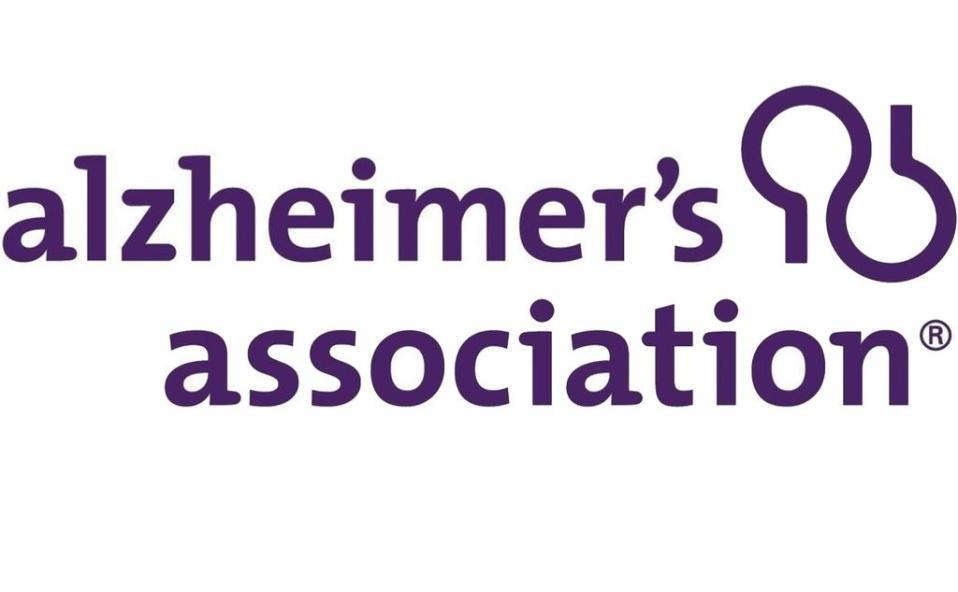On January 9, 2023, from 10 to 11 a.m., Advancing the Science: The Latest in Alzheimer’s and Dementia Research explores the impact of the Food and Drug Administration’s anticipated January 6 ruling on lecanemab. The Alzheimer’s Association Greater Maryland and Brookletts Place co-present the free event at Talbot County Senior Center, 4000 Brookletts Avenue, Easton, Md. 21601. To attend, register at bit.ly/ALZ1922 or call the 24/7 Helpline, 800.272.3900.
Lecanemab, a drug in phase three of a global clinical trial, caused a 27-percent reduction in the progression of the disease. The research study monitored nearly 1,800 people in the early stage of Alzheimer’s for 18 months. Lecanemab targets beta-amyloid proteins in the brain. These proteins can form clumps in the brains of people with Alzheimer’s, resulting in sticky plaques that are the hallmark of the disease.
“Simply put, lecanemab offers people in the early stage of the disease more time to function at a higher level of cognition,” says Medical Research Megeen White, M.S., R.N., who is the speaker.
If lecanemab is approved, it will likely be limited to people in the early stages of the disease who number 2 million of the more than 6 million Americans living with Alzheimer’s and other dementia. In Maryland, more than 110,000 people live with Alzheimer’s and other dementia. Conditional approval is expected with full approval later in the year.
Maria Carrillo, Alzheimer’s Association chief science officer says, “This data is undeniably positive.” The Alzheimer’s Association is calling for the Food and Drug Administration to accelerate approval of lecanemab and for the Centers of Medicare and Medicaid Services to revise its coverage policy.
Alzheimer’s Association efforts include helping clinicians and health systems prepare for this new phase of treatment.
Side effects of the drug include ARIA (amyloid-related imaging abnormalities) that cause brain swelling and bleeding. This is an increased risk for people on blood thinners or who have genes that lead to very high levels of amyloid in the brain.
The Alzheimer’s Association believes the future of Alzheimer’s treatment will be a combination of drugs that target different aspects of the disease and risk reduction interventions. Lifestyle interventions–such as those studied in the U.S. POINTER study– combined with disease-modifying treatments could be the most promising.
Information about Alzheimer’s Association
The Alzheimer’s Association leads the way to end Alzheimer’s and all other dementia — by accelerating global research, driving risk reduction and early detection, and maximizing quality care and support. The 24/7 Helpline, 800.272.3900, provides information on care and support.



Write a Letter to the Editor on this Article
We encourage readers to offer their point of view on this article by submitting the following form. Editing is sometimes necessary and is done at the discretion of the editorial staff.